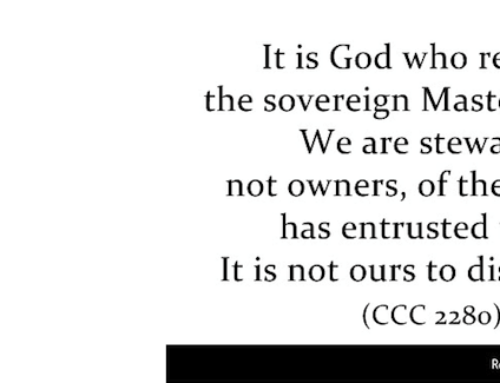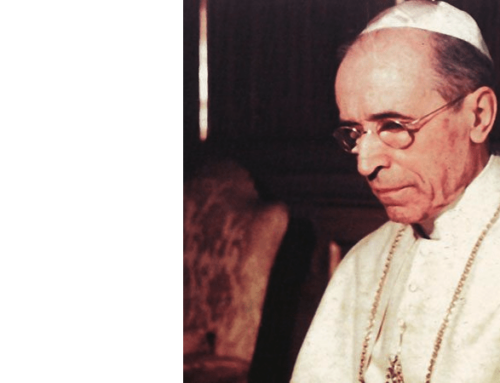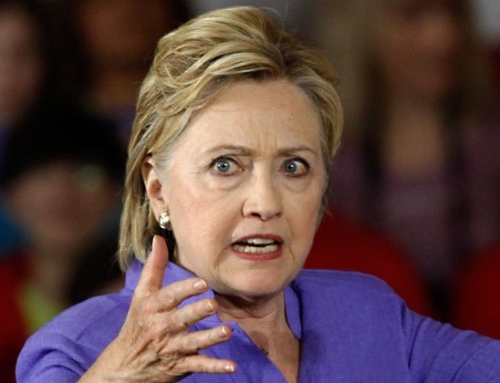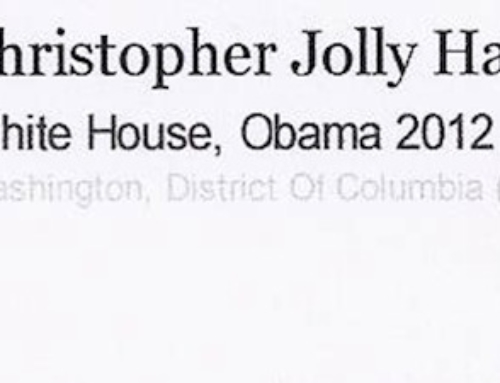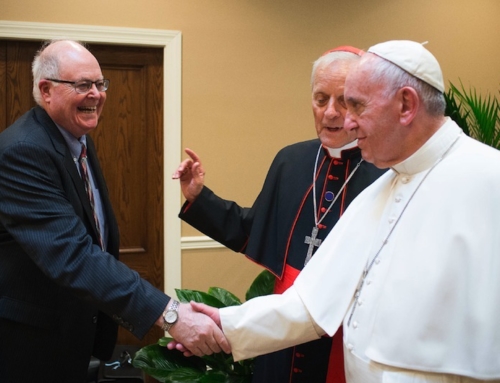By Bill Donohue
This article was originally published at Newsmax.com on September 26, 2013.
Perception is not necessarily reality, but it often functions that way. Ask those who voted for Barack Obama why they did so and in short order it will be revealed that the president, quite unlike Mitt Romney, really cares about people. How do they know? Probing doesn’t help — there’s not much there. Just listen to what they say.
For example, last summer comedian Dennis Miller was discussing the presidential race with Jay Leno. Speaking of Obama, Miller said to Jay, “I know you like him. What am I missing over the last four years? It just does not seem that good to me.” Leno was sincere when he replied, “Well, I think he has compassion for regular people.”
Leno was wrong about one thing: he should have said, “I feel he has compassion for regular people.” Thinking is for people who exercise the faculty of reason and who make voting decisions based on policy; those who allow compassion to direct their vote are expressing their feelings.
We can debate policy prescriptions, and we can assess data. But we can’t measure who is the most caring or compassionate of the candidates. Even if we could, reasonable people might wonder why these intangibles should matter so much. That they do is indisputable.
In a Fox exit poll, when voters were asked which candidate is “in touch with people like you,” Obama won 53 percent to 43 percent. Even more important, voters looking for empathy in a candidate voted for Obama 81 to 18. That’s what counts. Here’s more proof: On the issue of which candidate shared the voter’s values, Romney won 55 to 42; Romney also won among those who wanted someone with a vision for the future, 54 to 45.
Too bad Romney wasn’t seen as caring and compassionate — then the man with the right values and vision might have won. When factoring in Obama’s high empathy quotient, it makes intelligible why voters blamed George W. Bush for the current economic problems by a margin of 53 to 38. Indeed, Bush is also being blamed for the “fiscal cliff” condition: 53percent fingered him while only 29percent blamed Obama.
It’s not just economics where empathy counts. Fully 68 percent of those who said Obama’s handling of Hurricane Sandy was important to them also voted for him. What the president actually did for those who live on the Jersey Shore, Staten Island, and Long Island is unclear, but unlike Bush who looked out a window on Air Force One to see what happened after Katrina, Obama got off the plane. That showed he cared.
It does not matter that a record 50 million people are living in poverty today under President Obama. It’s Bush’s fault. It does not matter that 47 million are on food stamps. It’s Bush’s fault. But it would be a mistake to say that what is driving this phenomenon is Bush alone. What’s in play are mental gymnastics: Obama can’t be blamed because he cares. That leaves Bush.
While Obama is surely benefiting from the empathy factor, he is only the latest president to do so. Take Carter and Reagan. To this day, many credit Carter with caring more about the poor. Why? Remember all those photos showing Carter building houses for the poor once he left office? Where were the pictures of Reagan with hammer in hand? That Carter made more people poor doesn’t matter: What matters is that he cared about his victims.
The same is true elsewhere. There is no shortage of people who still look with affection toward Castro and the Sandinistas. No amount of evidence demonstrating how they punished the poor seems to matter. That is because they both knew how to play the empathy game. To wit: they successfully adopted the right rhetoric about championing the poor while simultaneously blaming Romney-like capitalists for their problems.
Fatigues matter. Castro lived the life of a robber baron and ripped off the poor, but he knew enough to trade in his lawyer’s suit and tie for army fatigues. The Sandinistas lived in the palaces of the Somozistas, did nothing for the poor, but cunningly sported their fatigues in public. Mao Zedong owned 50 villas, murdered 77 million of his own people, but learned to dress down. It still works: why else would a famous Chinese restaurant in Times Square continue to display an enormous picture of this monster?
These “masters of empathy” have had particular success with professors in the social sciences, humanities, and law schools. One might think that professors would be swayed by empirical evidence, not emotion, but this view is sadly mistaken. Indeed, virtually every mass murderer in the 20th century — Hitler, Stalin, Mao, Pol Pot — was vigorously defended by professors and intellectuals, in general (Pol Pot’s advisers earned their Ph.D.’s from the Sorbonne).
Our “masters of empathy” are at least non-violent. In the 1980s, left-wing activist Mitch Snyder showed up on TV and at congressional committees demanding more support for the homeless. Liberals lionized him. Not surprisingly, he always wore fatigues. That he never supported his own family is also true. But at least he cared.
There is little doubt that Obama is our “master of empathy” today. Consider how Tamar Birckhead, a professor of law at the University of North Carolina at Chapel Hill, explained to her young daughters why she voted for the president: “Democrats care about the poor. Republicans care about themselves.” How does she know? Probing doesn’t help — there’s not much there.
In essence, all the number-crunching, policy recommendations, demographic advice, charts, power point presentations, and the like, are not going to change things for the Republicans. If they don’t find someone who appears to care, and learns the lexicon of compassion, it won’t matter in the end.
Can empathy be learned? Some seem to think so. The Obama team hired Susan T. Fiske of Princeton to advise them on what matters most to voters: competence and warmth. Romney possessed the former attribute, but he did not exude the latter. Coaching may have helped, but only marginally. The bottom line is clear: a candidate who cares, or at least pretends to, is at a decided advantage.
Empathy may be a seriously overvalued property, but unless it is taken seriously by Republicans, all the outreach efforts won’t matter in the end. Perception is not necessarily reality, but it often functions that way.
Dr. William Donohue is the president of and CEO of the Catholic League for Religious and Civil Rights, the nation’s largest Catholic civil rights organization. The publisher of the Catholic League journal, Catalyst, Bill is a former Bradley Resident Scholar at the Heritage Foundation and served for two decades on the board of directors of the National Association of Scholars. The author of five books, two on the ACLU, and the winner of several teaching awards and many awards from the Catholic community, Donohue has appeared on thousands of television and radio shows speaking on civil liberties and social issues.




